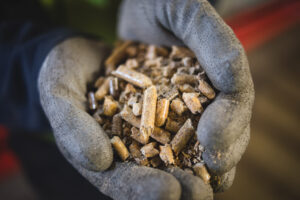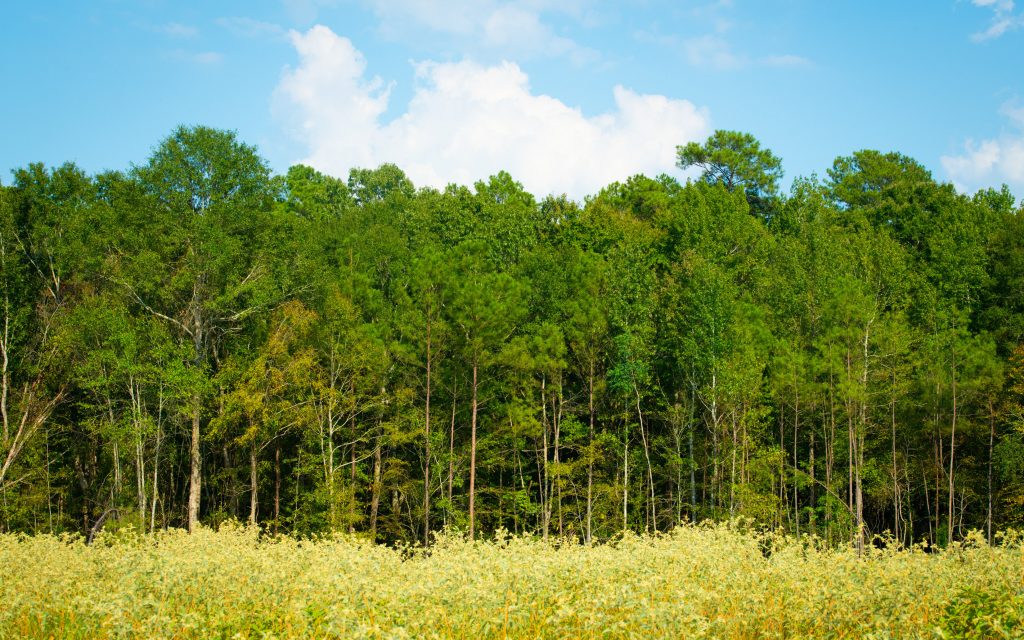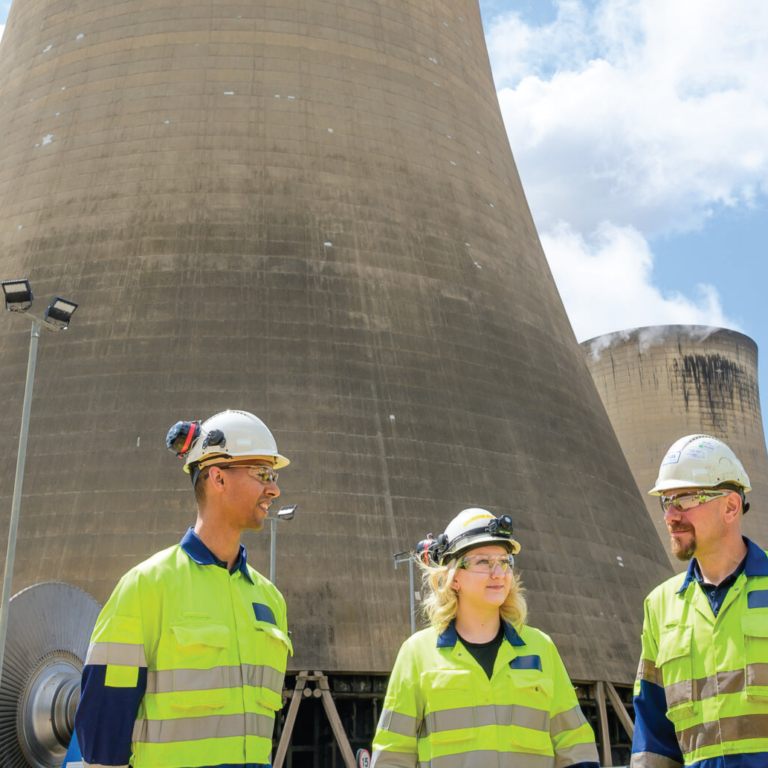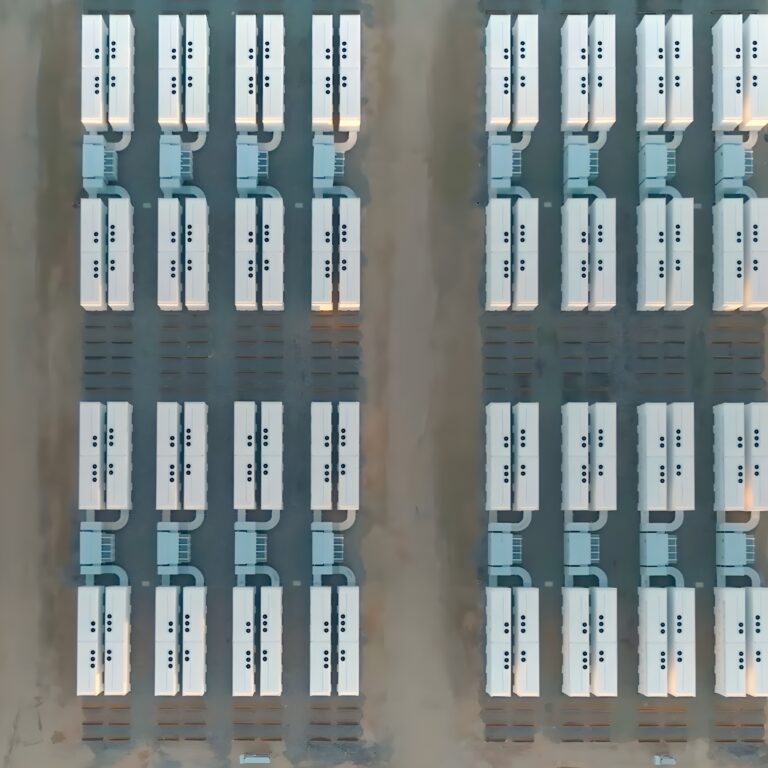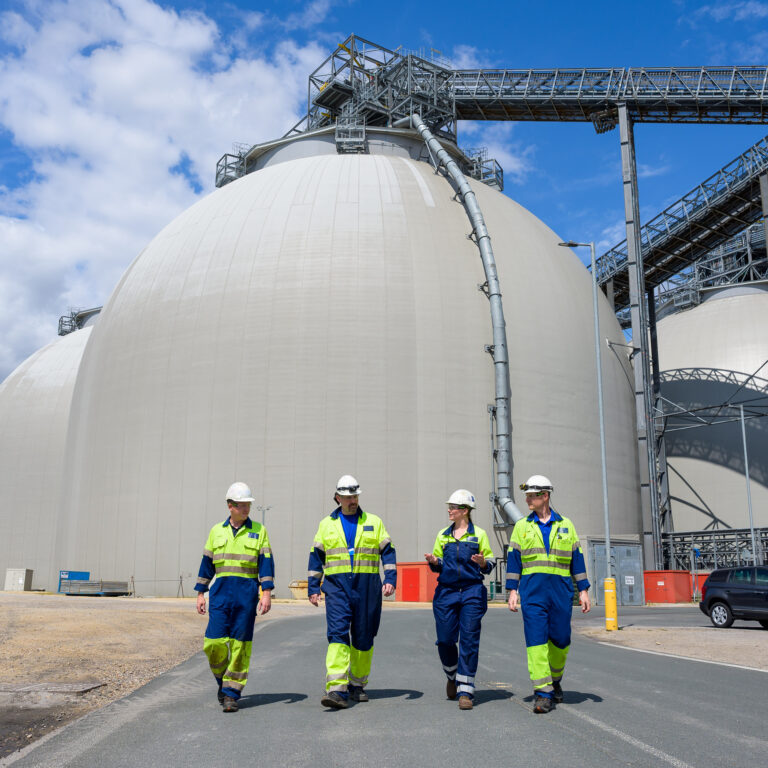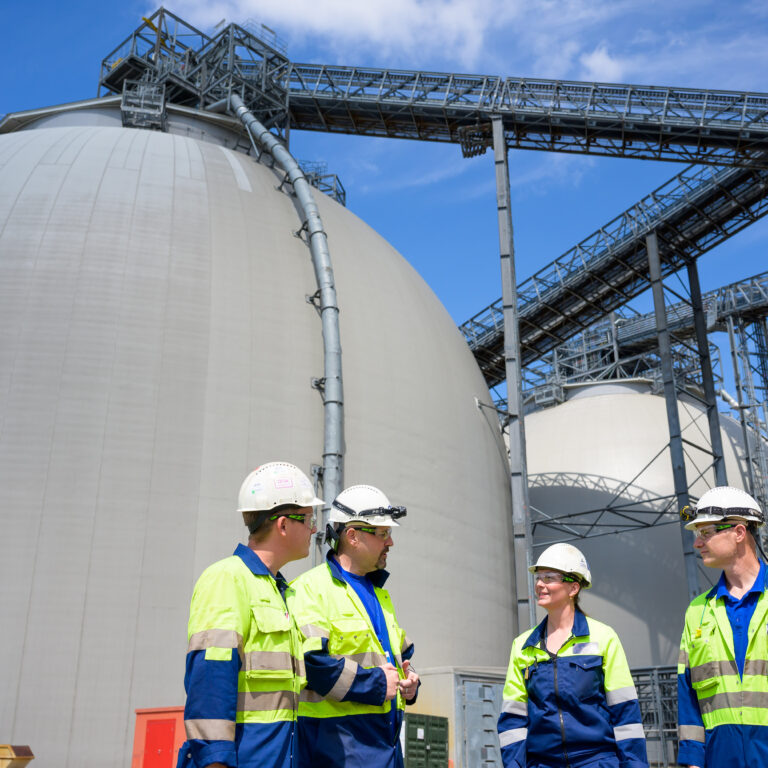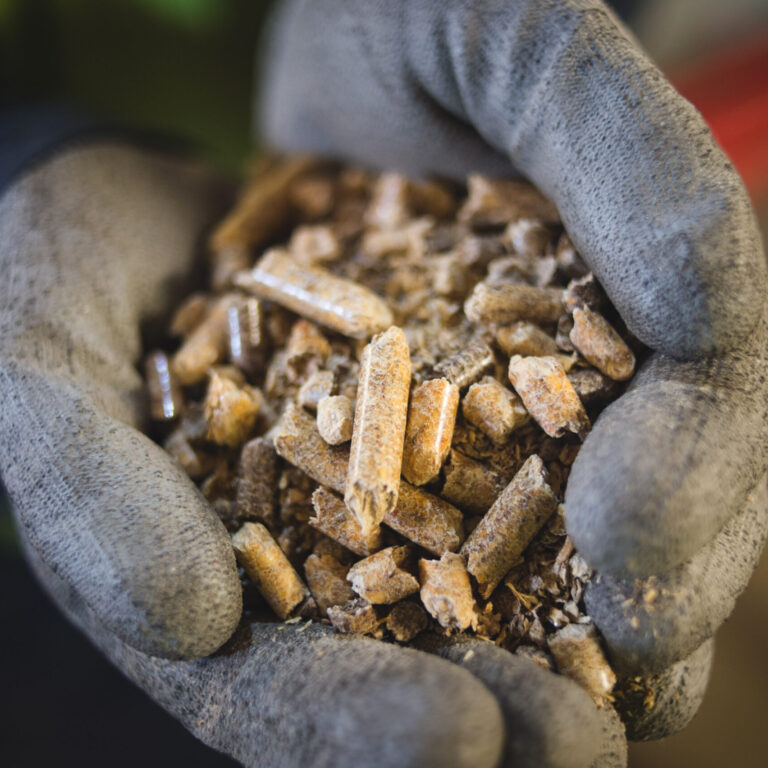- A provisional agreement has been reached by the European Parliament and the Council in the revision of the Renewable Energy Directive (REDIII)
- Agreement shows continued support for sustainable biomass recognising its critical role in energy systems and forest management
- Directive will continue to class sustainably sourced woody biomass as a 100% renewable energy source in the EU
Global renewable energy leader, Drax Group, has welcomed a positive conclusion of the European Union’s discussions on the revision of the Renewable Energy Directive (REDIII).
The agreement reached by the EU Institutions this week recognises the importance of sustainably sourced biomass within the region, providing renewable, reliable power while displacing fossil fuels and supporting good forest management.
Counterproductive and arbitrary proposals presented during the legislative process, such as a cap on the use of “primary woody biomass”, have been rejected. These would have had serious consequences for EU’s energy security and forest health.
The agreement demonstrates the EU’s continued support for sustainable biomass and will strengthen sustainability standards to reflect good forest management practices and align with the cascading principle to ensure that wood is utilised to its highest economic and environmental added value.
Importantly, the updated Directive reaffirms sustainably sourced biomass as a 100 percent renewable energy source, as well as includes provisions to ensure that biomass goes to the highest value application, including Bioenergy with Carbon Capture and Storage (BECCS), a vital carbon removal technology in which Drax plans to become a global leader.
Drax CEO, Will Gardiner said,
“Biomass has a critical role to play in supporting energy security as the world decarbonizes, providing reliable, renewable power and displacing fossil fuels. We are pleased to see the European Union recognize the importance of biomass within the region and take steps to further strengthen its sustainability and forestry standards.”
“As a global leader in sustainable biomass, we are committed to ensuring that the biomass we source has a positive impact on climate, nature and the communities in which we operate and hope this decision will ensure biomass continues to play a central role in Europe’s energy transition.”
Biomass, when sustainably sourced, uses sawmill residuals like sawdust, harvest residuals including tops, branches and bark as well as low-grade roundwood. The market for this fibre helps improve the health and productivity of forests while providing rural counties with a new income stream.
As the only reliable renewable, biomass plays an important role in the UK’s energy security providing 11 percent of the UK’s renewable power – enough for five million households.
The final text of the agreement has yet to be published, and Drax looks forward to sharing further information with its stakeholders in due course.
Media contact:
Sloan Woods
Media Manager
E: [email protected]
T: 07821665493
Note to the Editors:
- Please find the press release from the European Council of the European Union here for more information.
About Drax
Drax Group’s purpose is to enable a zero carbon, lower cost energy future and in 2019 announced a world-leading ambition to be carbon negative by 2030, using bioenergy with carbon capture and storage (BECCS) technology.
Drax’s around 3,000 employees operate across three principal areas of activity – electricity generation, electricity sales to business customers and compressed wood pellet production and supply to third parties. For more information visit www.drax.com
Power generation:
Drax owns and operates a portfolio of renewable electricity generation assets in England and Scotland. The assets include the UK’s largest power station, based at Selby, North Yorkshire, which supplies five percent of the country’s electricity needs.
Having converted Drax Power Station to use sustainable biomass instead of coal it has become the UK’s biggest renewable power generator and the largest decarbonisation project in Europe. It is also where Drax is piloting the groundbreaking negative emissions technology BECCS within its CCUS (Carbon Capture Utilisation and Storage) Incubation Area.
Its pumped storage, hydro and energy from waste assets in Scotland include Cruachan Power Station – a flexible pumped storage facility within the hollowed-out mountain Ben Cruachan.
The Group also aims to build on its BECCS innovation at Drax Power Station with a target to deliver 4 million tonnes of negative CO2 emissions each year from new-build BECCS outside of the UK by 2030 and is currently developing models for North American and European markets.
Pellet production and supply:
The Group has 19 operational pellet plants and developments with nameplate production capacity of around 5 million tonnes a year.
Drax is targeting 8 million tonnes of production capacity by 2030, which will require the development of over 3 million tonnes of new biomass pellet production capacity. The pellets are produced using materials sourced from sustainably managed working forests and are supplied to third party customers in Europe and Asia for the generation of renewable power.
Drax’s pellet plants supply biomass used at its own power station in North Yorkshire, England to generate flexible, renewable power for the UK’s homes and businesses, and also to customers in Europe and Asia.
Customers:
Drax supplies renewable electricity to UK businesses, offering a range of energy-related services including energy optimisation, as well as electric vehicle strategy and management.
To find out more go to the website www.energy.drax.com


